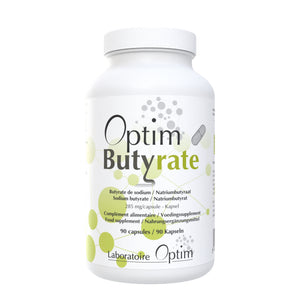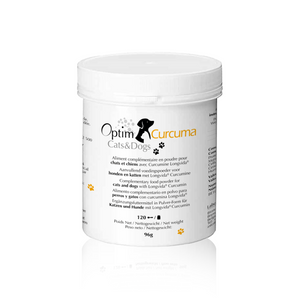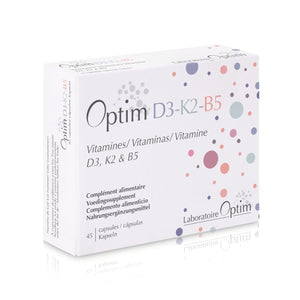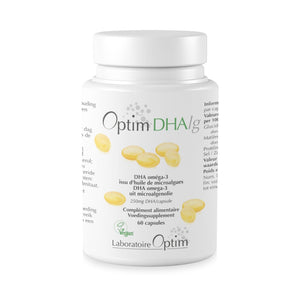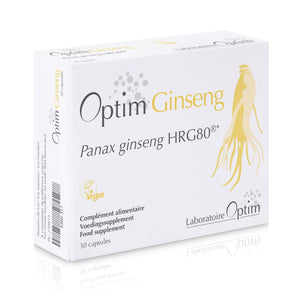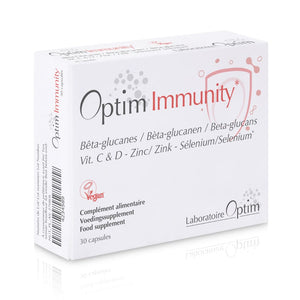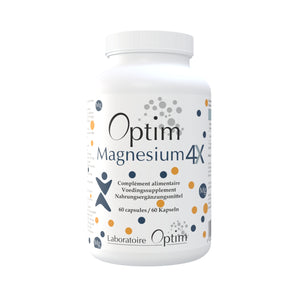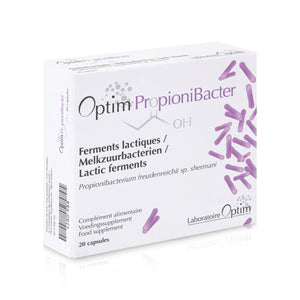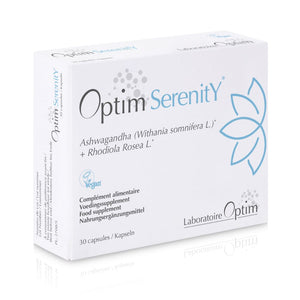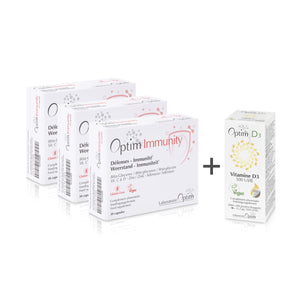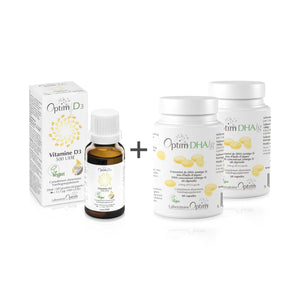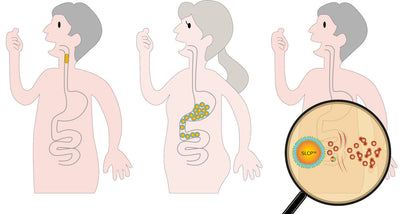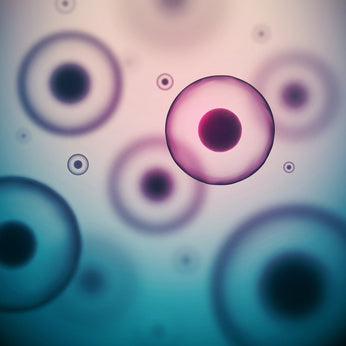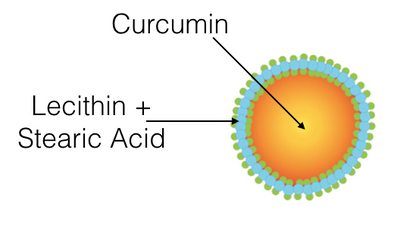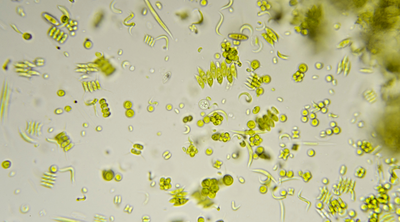Do you know what DHA (omega-3) from algae oil is? It is suitable for vegetarian, vegan or any other person looking for a 100% plant-based DHA Omega-3 supplement.
You will find all the benefits of DHA from algae oil in the following article.
What is Omega-3 DHA?
DHA for vegans (docosahexaenoic acid) is a long-chain polyunsaturated fatty acid (lipid), which belongs to the omega-3 family.
Where can I find plant-based omega-3s in my diet?
First of all, it is important to be aware of the difference between the different forms of omega-3s.
ALA, EPA and DHA
The three main omega-3 fatty acids are alpha-linolenic acid (ALA), eicosapentaenoic acid (EPA) and docosahexaenoic acid (DHA).
ALA fatty acid
ALA is an essential fatty acid. In other words: our body cannot synthesize it. Therefore, it is our diet that should provide us with ALA.
It is found in vegetable oils such as walnut, flax and rapeseed oils, but also in nuts and various seeds (chia, pumpkin, etc.).
Our body can convert ALA to EPA and then to DHA, but only in small amounts. However, this conversion is limited and depends largely on the omega-6 / omega-3 ratio.
EPA and DHA fatty acids
Fatty fish is the main source of EPA and DHA. For example, these omega-3s are found in sardines, anchovies, mackerel, tuna, salmon or eels.
Since fatty fish is the most important source of dietary DHA, fish consumption greatly influences our intake of DHA.
However, it can also come directly from sustainable DHA-rich microalgae such as Shizochytrium sp.
Microalgae are a source that contributes to the reduction of overfishing and promotes a better and more sustainable ecosystem.
What are the current recommendations for daily intake of omega-3?
The following beneficial properties of EPA and DHA have been approved by EFSA* (Commission Regulations (EU) 1924/2006 and 432/2012):
- EPA and DHA contribute to normal heart function (250 mg per day).
- DHA contributes to the normal maintenance of brain function (250 mg per day) and normal vision (250 mg per day).
- Maternal intake of DHA contributes to normal fetal and infant brain development (200 mg of DHA plus the recommended daily intake of omega-3 fatty acids (EPA+DHA) for adults, 250 mg per day).
- Maternal DHA contributes to the normal development of the fetal and infant eye (200 mg DHA plus the recommended daily intake of omega-3 fatty acids (EPA+DHA) for adults, 250 mg per day).
*EFSA: European Food Safety Agency
As a vegan or vegetarian, should I take a DHA-rich dietary supplement?
The main source of omega-3 (EPA+DHA) is fatty fish. The conversion of ALA to EPA and DHA is very low in our bodies. Therefore, taking ALA alone may not be enough to achieve optimal DHA levels.
Therefore, it is recommended to take DHA supplements from microalgae oil as part of a vegan or vegetarian diet.
Who should take microalgae Omega-3 DHA supplement?
Anyone, including vegetarians and vegans, can consume DHA from microalgae.
In addition, it is particularly recommended for anyone who eats eats little or no fatty fish. But also and above all, for pregnant or nursing women, athletes and senior citizens.
What is “Schizochytrium sp.” seaweed oil?
Schizochytrium sp. is a type of marine microalgae that naturally produces DHA. For this reason, it is used in the production of DHA oil as it can contain up to 50% of its total fatty acids.
Today, these microalgae are cultivated in bioreactors (fermentation process) which allow total control of production.
The DHA-rich oil is extracted from these algae and refined, thus ensuring the high quality, purity and durability of the oil.
Microalgae oil is a high-quality product, which does not encourage overfishing.
